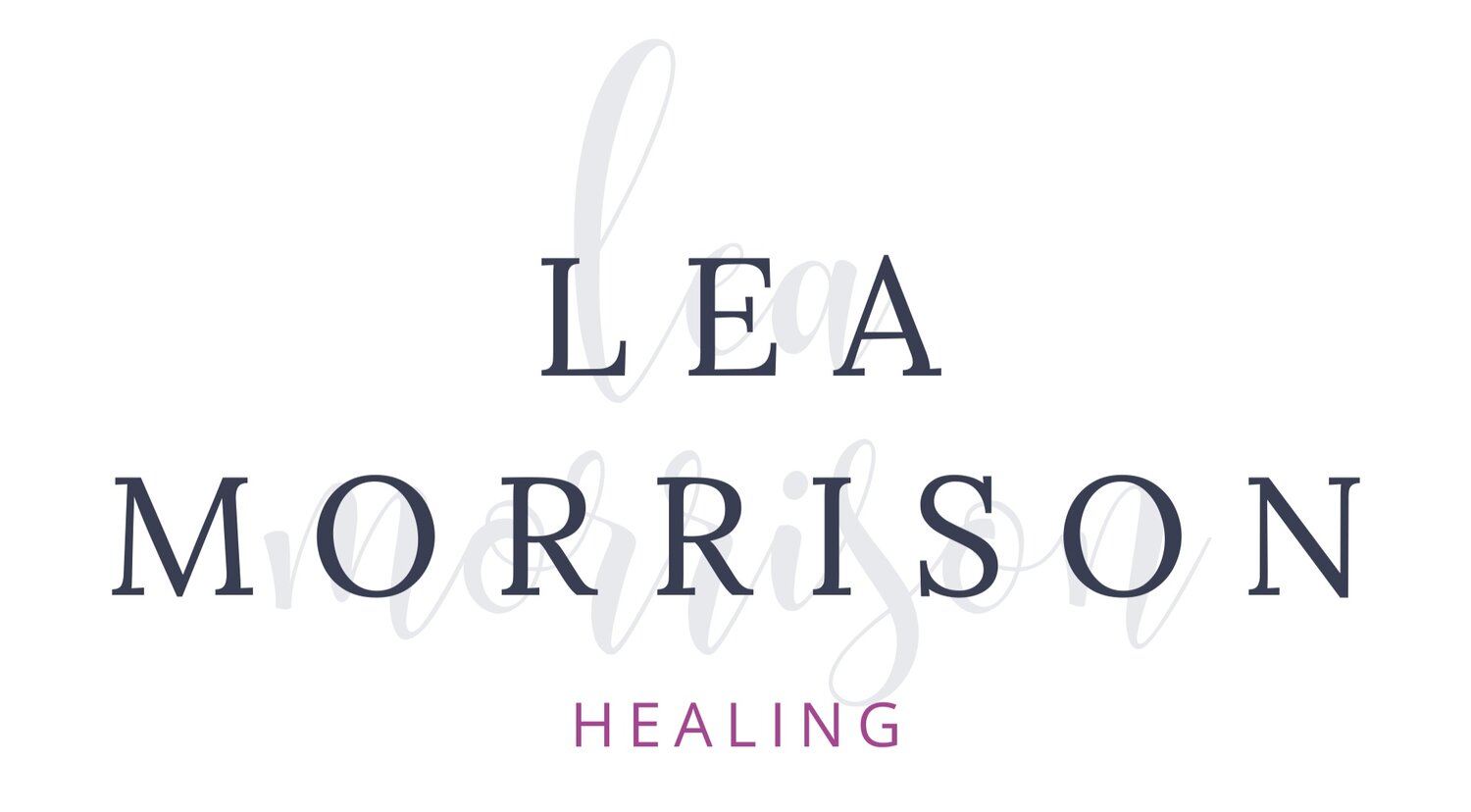The best trauma-informed practices to help you move through the feels
Cue facetious mashup of a Lionel Ritchie/Adele music Hello, can you hear me? Is it me you're looking fooooorrr ….
I get asked what Trauma-informed coaching means, specifically. What if (you've) never experienced trauma? At this I would refer to the song above and add in "global pandemic" to the words. You're in it my friend.
Trauma is a loaded word. It holds a lot of weight, depending on your experiences and environment; never to be dismissed or taken lightly. It defines the parameters of emotional health and stability.
Trauma is the lasting emotional response that often results from living through a distressing event. Experiencing a traumatic event can harm a person’s sense of safety, sense of self, and ability to regulate emotions and navigate relationships. Long after the traumatic event occurs, people with trauma can often feel shame, helplessness, powerlessness and intense fear.
source: https://www.camh.ca/en/health-info/mental-illness-and-addiction-index/trauma
Our emotional response to this past year is significantly influenced from any triggers we've had from past traumas/distressing events that may have been left unaddressed. Anger, fear, shaming of responses from others AND ourselves, are perpetuating trauma triggers that we may not even realize we have.
Trauma-informed coaching is an approach that treats the whole person emotionally, physically, mentally and behaviourally to promote a sense of safety, empowerment and healing. It is a practice that understands the wide-spread impact of trauma and the alternative, potential paths for recovery. Trauma-informed practices establish a foundation for feeling into the body.
Feel it to heal it.
Understanding behaviours and coping mechanisms can go a long way in discovering your capability for growth underneath the presence of high emotional distress. There are many forms of trauma and how they affect the mind-body connection. Regardless of where you fall under the spectrum of trauma, we have ALL experienced 2020. New and old patterned stress responses can lead to limiting beliefs, lack of boundaries, anxiety, depression, chronic illness, defeatism, lack of self-worth, etc.
Understanding why you behave the way you do, why your body reacts the way it does and/or why you keep coming up against the same hurdles, is the first step in self-care and healing. Learning how to feel into your body.
Below is a list of therapeutic models & practitioners that have been known for trauma-informed practices:
Lea Morrison Healing, Trauma-Informed Coach & Healer (THAT’S ME!)
https://www.leamorrison.com
Experimental Unity Theory & Model
https://www.alysonquinnwrites.com/
Indigenous Focusing Oriented Therapy
https://focusinginternational.org/our_team/shirley-turcotte-rcc/
Equine Therapy
https://empoweredbyhorses.com
https://willowspiritpath.ca/
Somatic Experiencing
https://www.thetraumatherapistproject.com/podcast/peter-levine-phd/
Tension & Trauma Release Exercises
https://www.david-berceli.com/
EMDR - Eye Movement Desensitization and Reprocessing
https://www.emdr.com/francine-shapiro-ph-d/
Family Constellations
https://www.goodtherapy.org/learn-about-therapy/types/family-constellations
Other therapeutic models: not limited to
Neurofeedback
Qi Gong
Trauma Yoga
Sound Therapy
Ecotherapy
Mindfulness
EFT
Craniosacral Therapy
Regardless of how you decide to find treatment, ensure that you become your best health and wellness advocate. Listen to your body, invest in your own self, and interview your practitioner for clarity on their practices.


